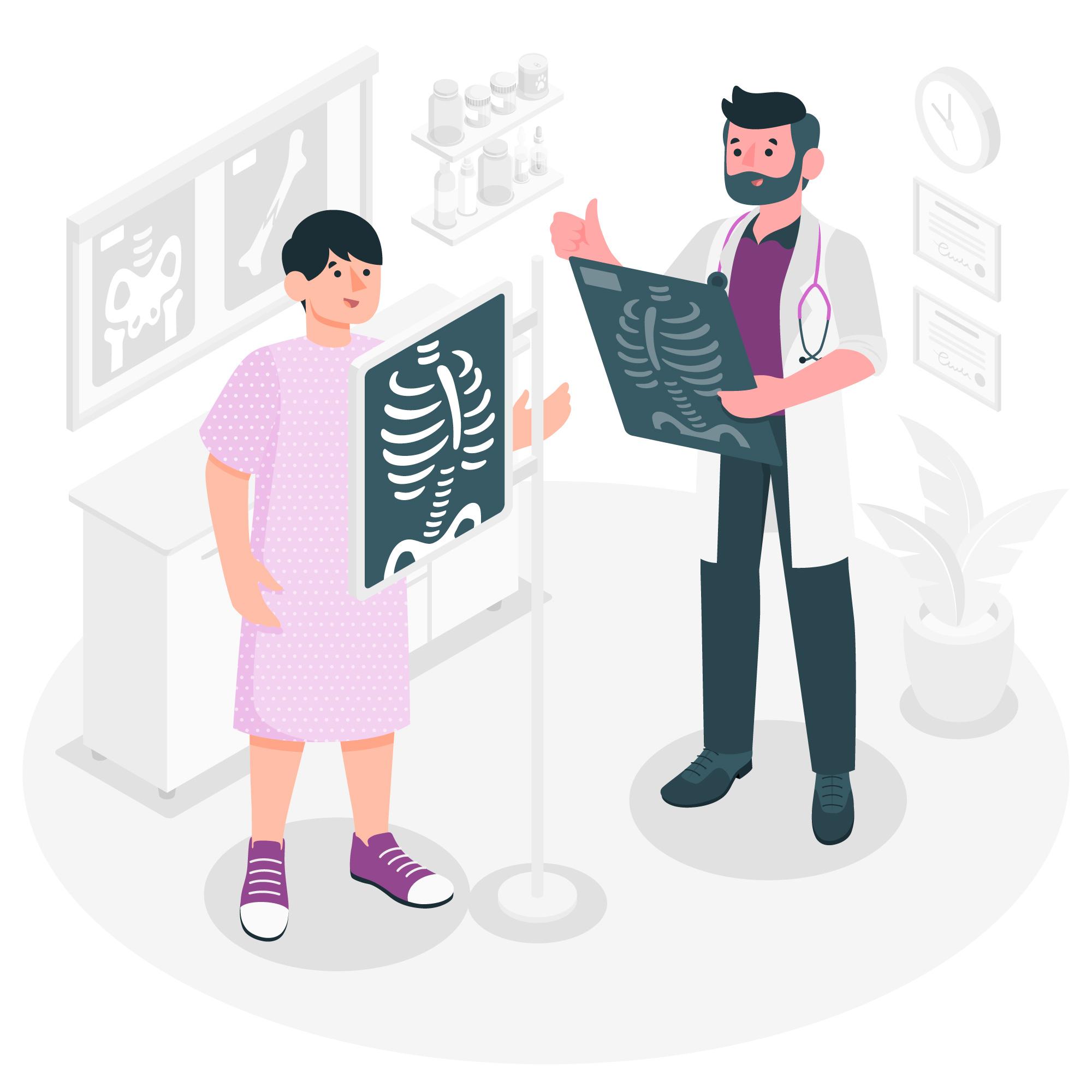
Understanding Osteoporosis: What You Need to Know
Osteoporosis is a bone condition that affects millions of people worldwide, especially as they age. But what exactly is osteoporosis, and why is it important to understand? Let’s break it down in simple terms.
What is Osteoporosis?
Osteoporosis is a medical condition characterized by weak, brittle bones. It happens when your body loses too much bone, makes too little bone, or both. As a result, bones become porous and prone to fractures, even from minor bumps or falls.
Who Does it Affect?
While osteoporosis can affect anyone, it’s most common in older adults, particularly women after menopause. However, men can also develop osteoporosis, especially with age or certain health conditions. Additionally, people with a family history of osteoporosis, low body weight, or certain lifestyle factors are at higher risk.
Why Does it Matter?
Understanding osteoporosis is crucial because fractures caused by weakened bones can have serious consequences. Hip fractures, for example, can lead to disability, loss of independence, and even premature death in some cases. Spinal fractures can cause chronic pain and a stooped posture, affecting quality of life.
How is it Diagnosed?
Osteoporosis is diagnosed through a bone density test, which measures bone mineral density (BMD). This test helps determine if your bones are weaker than normal and your risk of fractures. It’s painless and usually done using a specialized X-ray machine.
Prevention and Treatment:
The good news is that osteoporosis can often be prevented or managed with lifestyle changes and, if needed, medication. Strategies for prevention include:
- Eating a balanced diet rich in calcium and vitamin D.
- Engaging in weight-bearing exercises like walking, dancing, or weightlifting.
- Avoiding smoking and excessive alcohol consumption.
- Taking prescribed medications if recommended by your healthcare provider.
Conclusion:
Osteoporosis is a common yet serious condition that affects bone health and increases the risk of fractures, especially in older adults. By understanding what osteoporosis is, who it affects, and how it can be prevented or managed, you can take proactive steps to protect your bone health and overall well-being.
To seek medical advice, always consult a Doctor. Here are our recommended experts. Click Here
To read more on Osteoporosis. Click Here


